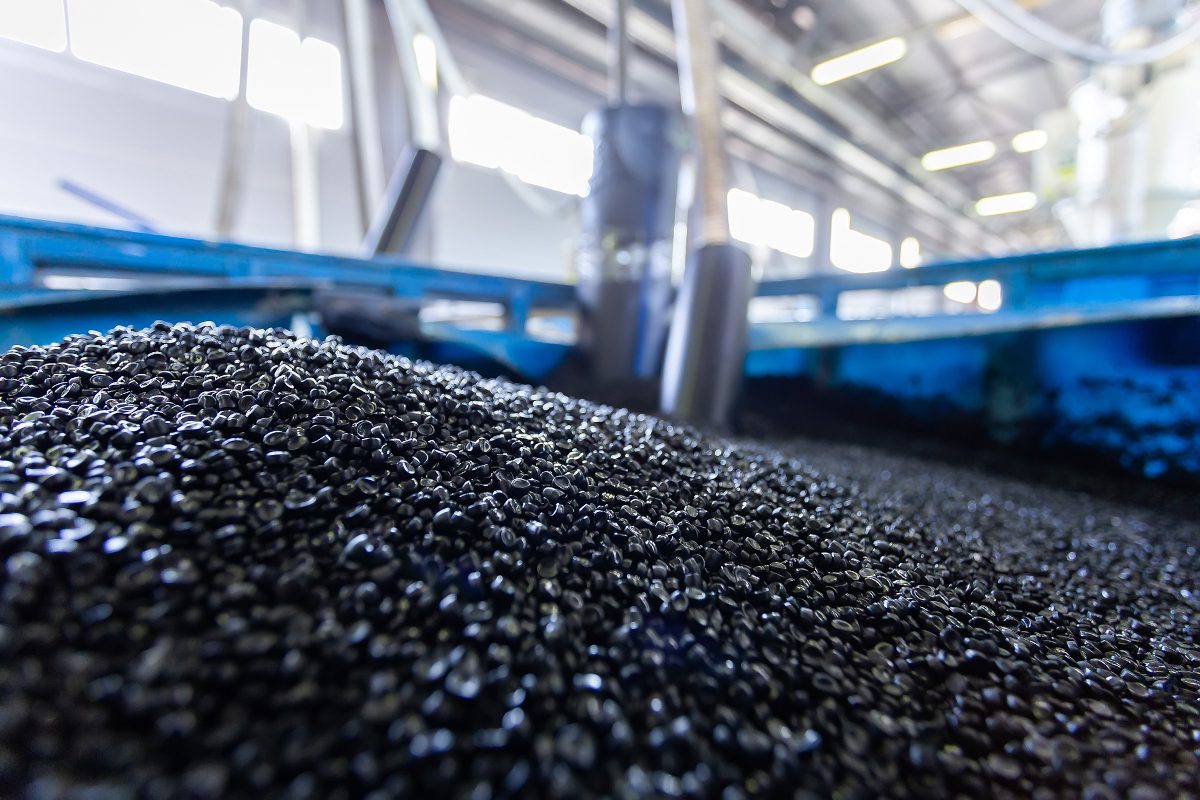
A new report calls for urgent industry action to define the appropriate quality specifications for mechanical recyclates. There is an urgent need to increase the availability of recyclates that meet industry requirements and boost the overall volume of recycled content in plastic products, says the report from Eunomia Research & Consulting.
Currently, the plastics industry is not yet able to reach its recycling targets due to insufficient volumes of recycled plastic that meet the required quality for key packaging applications. Furthermore, recycled content targets are expected to increase under the European Commission’s proposed Packaging and Packaging Waste Regulation (PPWR).
The report, published by Eunomia Research & Consulting on behalf of the Alliance to End Plastic Waste, has laid out an industry approach to help develop quality guidelines for plastic recyclates. Specifically, it demonstrates an approach that can fast-track the development of quality guidelines and promote their adoption.
The approach included in the report addresses the lack of aligned quality requirements which hinders optimised sorting and recycling infrastructure to produce quality recyclates that will meet brand owner requirements consistent with design guidelines.for sorting and recycling facilities.
The report is intended as a starting point to operationalise the quality guidelines at industrial scale. As first examples, the report delivers three polyolefin recyclate target specifications that have been built in consultation with 28 operators from across the plastics recycling value chain. These specifications are for key packaging applications of HDPE blow moulded bottles, LDPE extruded shrink film and PP injection molded caps and tubs. The applications were chosen because of their significant market share within the packaging industry and for their potential to enable a substantial increase in the use of recycled content.
To encourage the development of industry-aligned specifications for packaging applications and their adoption, the report also recommends that the industry:
· Engages brand owners, retailers, and other companies in the value chain to support the finalisation of technical work on the target quality guidelines for key applications.
· Define and execute industrial trials for key applications to validate the appropriate recyclate quality needed for defined packaging types.
· Inform ongoing certification initiatives (e.g., upcoming standards from CEN and CENELEC) and leverage the collective knowledge generated to accelerate industry acceptance and adoption.
· Support industry players as they work towards aligned global standards by providing clear and systematic guidelines to facilitate implementation.
Martyn Tickner, Chief Advisor of the Technical Solutions Centre at the Alliance commented: “This work has demonstrated that aligning industry on common specifications for high quality mechanical recyclates is possible. Together with complementary measures such as design for recycling, quality specifications will help to guide the improvements needed to produce high quality recyclates in line with market needs.
“The plastics industry has ambitious recycling targets which call for rapid development of sorting infrastructure and deployment of complementary recycling technologies. Together with the industry, the Alliance looks forward to continuing our contribution to this transition. We believe rapid adoption of quality standards throughout the value chain is a key step in this process” he added.
Andy Grant, Technical Director at Eunomia Research & Consulting added: “A barrier in furthering the plastics circular economy is achieving a clear agreement on the specifications of materials that recyclers can produce and what the industry can use. This research marks a step forward in clarifying the specifications required and will support the use of higher volumes of recycled plastics in new packaging. We are excited to see how this resulting roadmap for the value chain can be taken from concept to action through further trials and industry engagement.”
The full report is available for download here.







